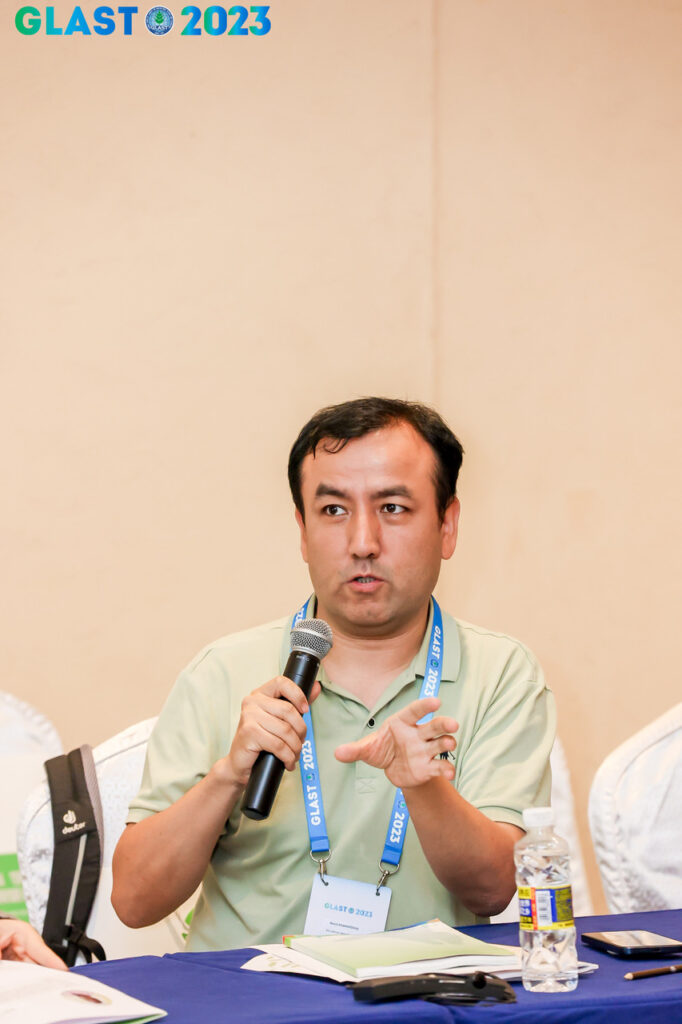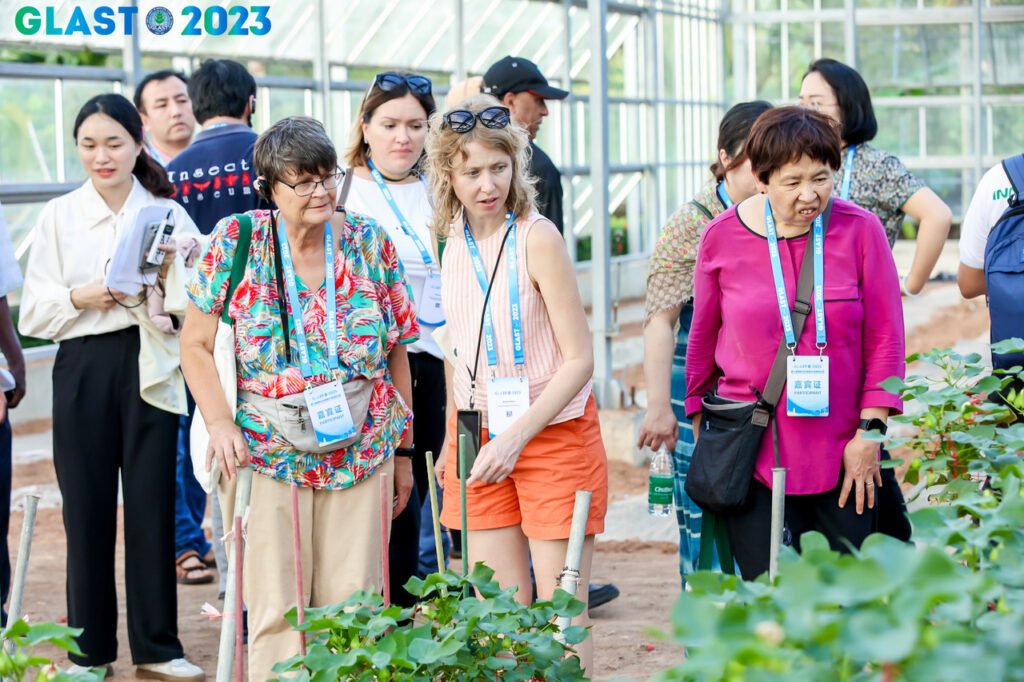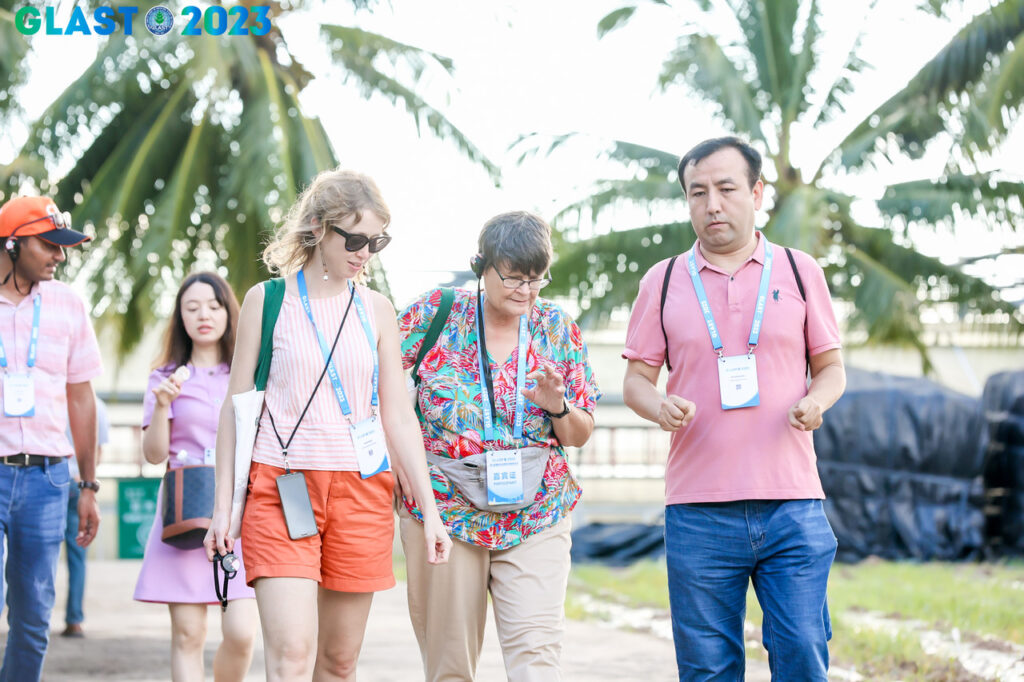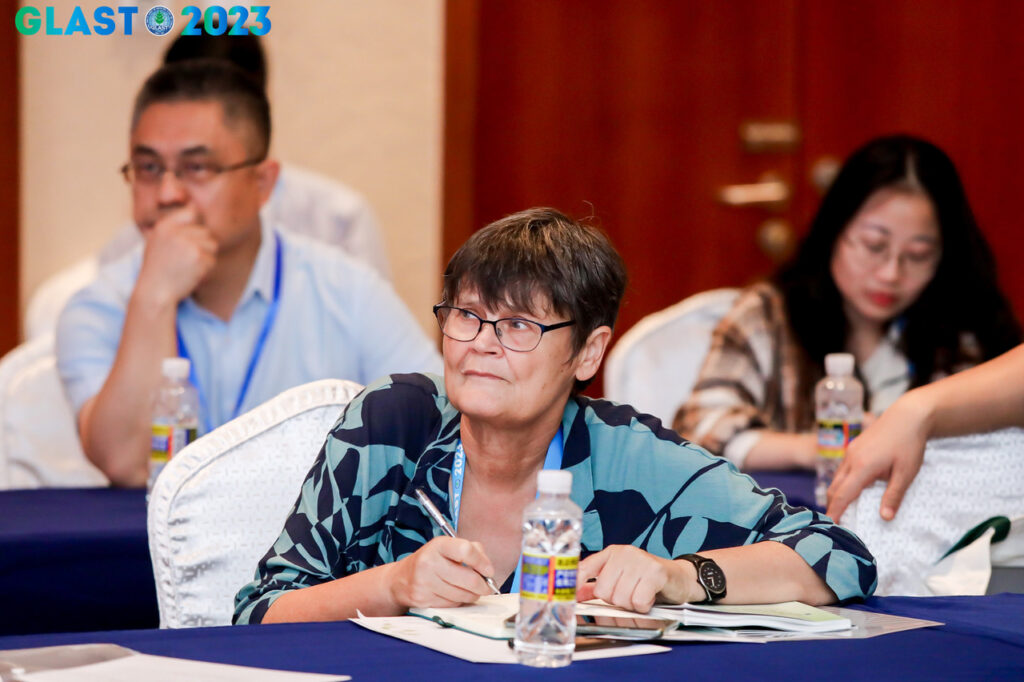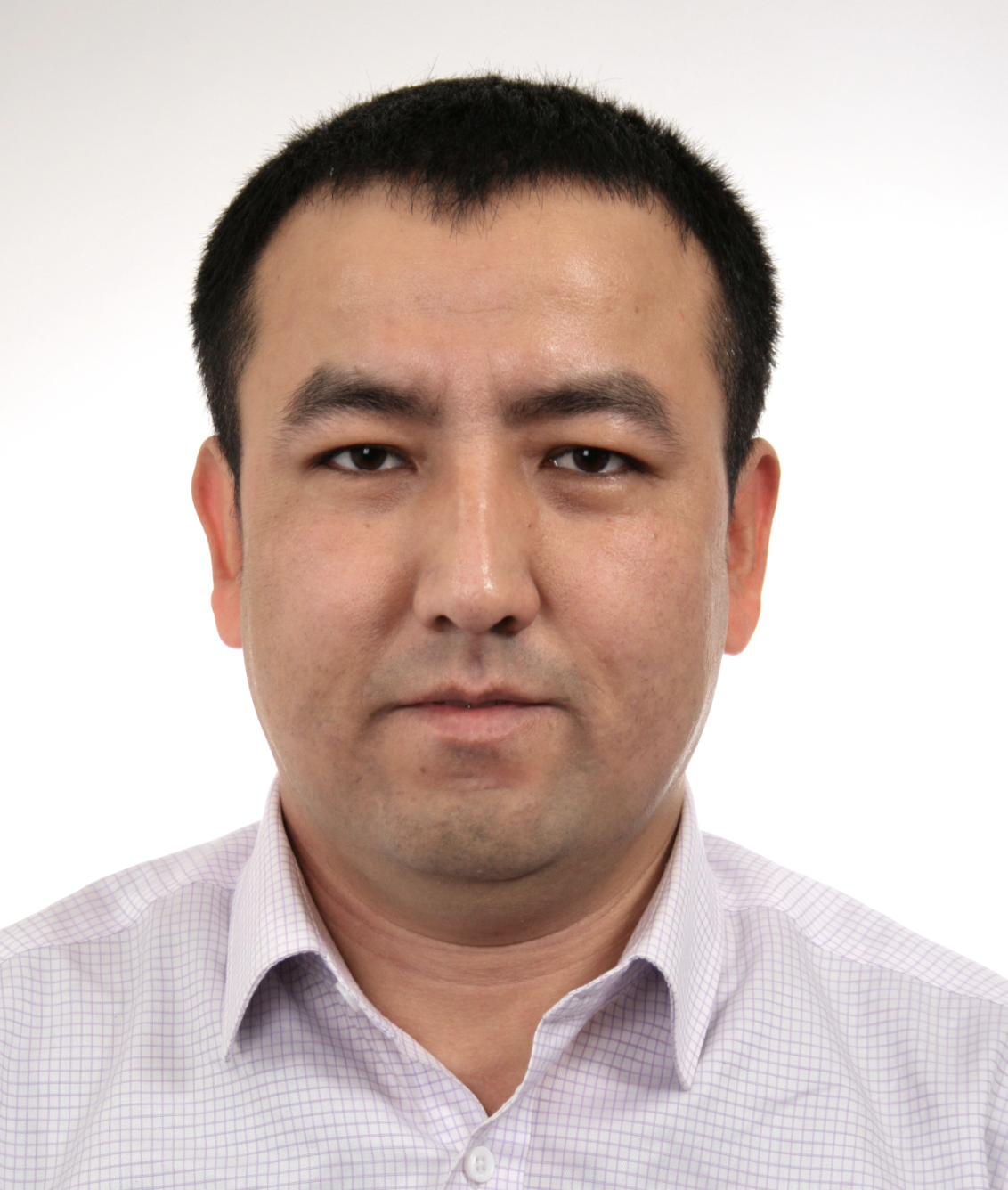From 26-28 October, DCZ experts Eva Sternfeld, Ahmatjan Rouzi and, Michaela Boehme traveled to Sanya to attend the 7th Global Forum of Leaders for Agricultural Sciences and Technology (GLAST) at the invitation of the Chinese Academy of Agricultural Sciences (CAAS). The prestigious event brought together some 600 representatives from 49 countries, hailing from the realms of science, government, business, and philanthropy. Their mission was to engage in meaningful dialogues surrounding the latest agricultural challenges and solutions. Notably, the GLAST, initiated by CAAS in 2006, saw the collaboration of FAO, CGIAR, and IAEA in 2019 and has since been held successfully for six sessions.
Over the course of three days, the event covered a diverse array of global agricultural concerns. Distinguished keynote speaker Professor Mei Xurong, Vice President of CAAS, provided insights into the agricultural landscape in China and emphasized the pivotal role of agricultural technology and rural development. Meanwhile, Professor Arthur Mol, the Rector of Wageningen University in the Netherlands, unveiled six groundbreaking developments in agricultural technology and among these innovations, the concept of ingestible chips to monitor dietary habits and offer personalized nutritional and health guidance stood out. Dr. Ismahance Eloufi, Chief Scientist at FAO, underscored the imperative of meeting agriculture and food targets set by the UN Sustainable Development Goals. Dr. Johan Swinnen, representing CGIAR, discussed the integration of innovation, technology, and policy as a means to mitigate agricultural and food-related challenges stemming from climate change, conflicts, and poverty. Mr. Robert Hanson from USDA delved into the major challenges faced by the agricultural sector and explored potential solutions.
During the side events on the second day, the DCZ experts engaged in meaningful exchanges with various keynote speakers, delving into topics ranging from rural development and smart agriculture, G2P, biogas, and potato research. Apart from DCZ, IAMO (Leibniz Institute of Agricultural Development in Transition Economies), BfR (German Federal Institute for Risk Assessment) and Max Planck Society delegates were also in attendance to represent Germany. Professor Thomas Glauben from IAMO delivered a keynote address on the digitalization of small-scale agriculture, drawing from practical experiences in China and Central Asia. Bill Hanson, representing the Max Planck Society, introduced advanced techniques for dissecting insect olfaction to control pests by manipulating insect pheromones through CRISPR, which can impede their reproduction.
At the end of conference, the Sanya Declaration was adopted, calling for more innovation and cooperation to solve agricultural issues that world faces. The document underscored the indispensable role of agricultural technology and innovation in reshaping global agri-food systems to be more efficient, inclusive, resilient, and sustainable.
On the final day, the DCZ experts toured National Nanfan Research Institute of CAAS at Yazhou Bay district of Sanya which is also dubbed as a Silicon Valley of seeds where Chinese scientists carry out cutting edge research on seeds, breeding technology and deep-sea science. They also visited Damao Ocean Ecological Village and the China Cotton Institute. The event was helpful for DCZ colleagues to raise the profile of DCZ and foster potential collaboration opportunities.




